[Special Topic on Cervical Dizziness]Clearing the meridians, exercising to strengthen muscles, acupuncture and bone setting to treat cervical dizziness
[ad_1]
(Hong Kong News)Many patients don’t even know that dizziness can also be caused by the neck. In fact, cervical dizziness is very common and can be mild or severe. It can occur at different ages, even in people as young as their 20s.
The most important thing is that there are many important meridians passing through the neck. How should dizziness be treated?
Readers who have paid attention to my column know that I also suffered from neck pain about two months ago due to poor working position and work chair.
Later, after physical therapy and re-adjusting the position of the work chair, the problem was solved. Coincidentally, in the past two months, many patients have come to see us not only for neck pain, but also for dizziness caused by neck pain.
High blood pressure often causes lightheadedness
Many people have had this experience. Sometimes in the middle of work, their neck and shoulders are very tired, and they suddenly turn their head and feel a little dizzy. This may be cervical dizziness.
However, it should be noted that there are many reasons that can cause dizziness. If the dizziness is obvious, such as spinning around, or even tinnitus and nausea, it may be caused by the influence of inner ear stones, inner ear infection, or even cerebellum lesions.
On the other hand, if you are often top-heavy, it may be caused by high blood pressure. In addition, if the vision suddenly goes black and the person may even faint, this situation may be caused by the heart or carotid arteries, which must be distinguished clinically.
The above conditions have been ruled out. If you have tight neck and neck pain at the same time, it may be dizziness caused by the neck.
Dizziness caused by the neck is, simply put, caused by poor or even slightly misaligned cervical vertebrae and different traction forces on various tiny muscles in the neck. Therefore, it can be said that dizziness is caused by cervical spondylosis. Cervical dizziness is paid more attention to in traditional Chinese medicine and physical therapy, but less in Western medicine.
Therefore, when cervical spondylosis causes dizziness, many people in Hong Kong seek treatment from Chinese medicine practitioners or physical therapists.
Pay attention to dizziness caused by the neck. Generally, there is no dizziness or darkening of the eyes. On the contrary, there may be a residual feeling of instability in the neck or after a certain part of the rotation, like riding on a boat. Generally, the feeling will gradually decrease after a short rest or a change in the position of the neck. Severe dizziness may also be accompanied by feelings of fast heartbeat, sweating and loss of appetite. These are symptoms of the sympathetic nervous system.
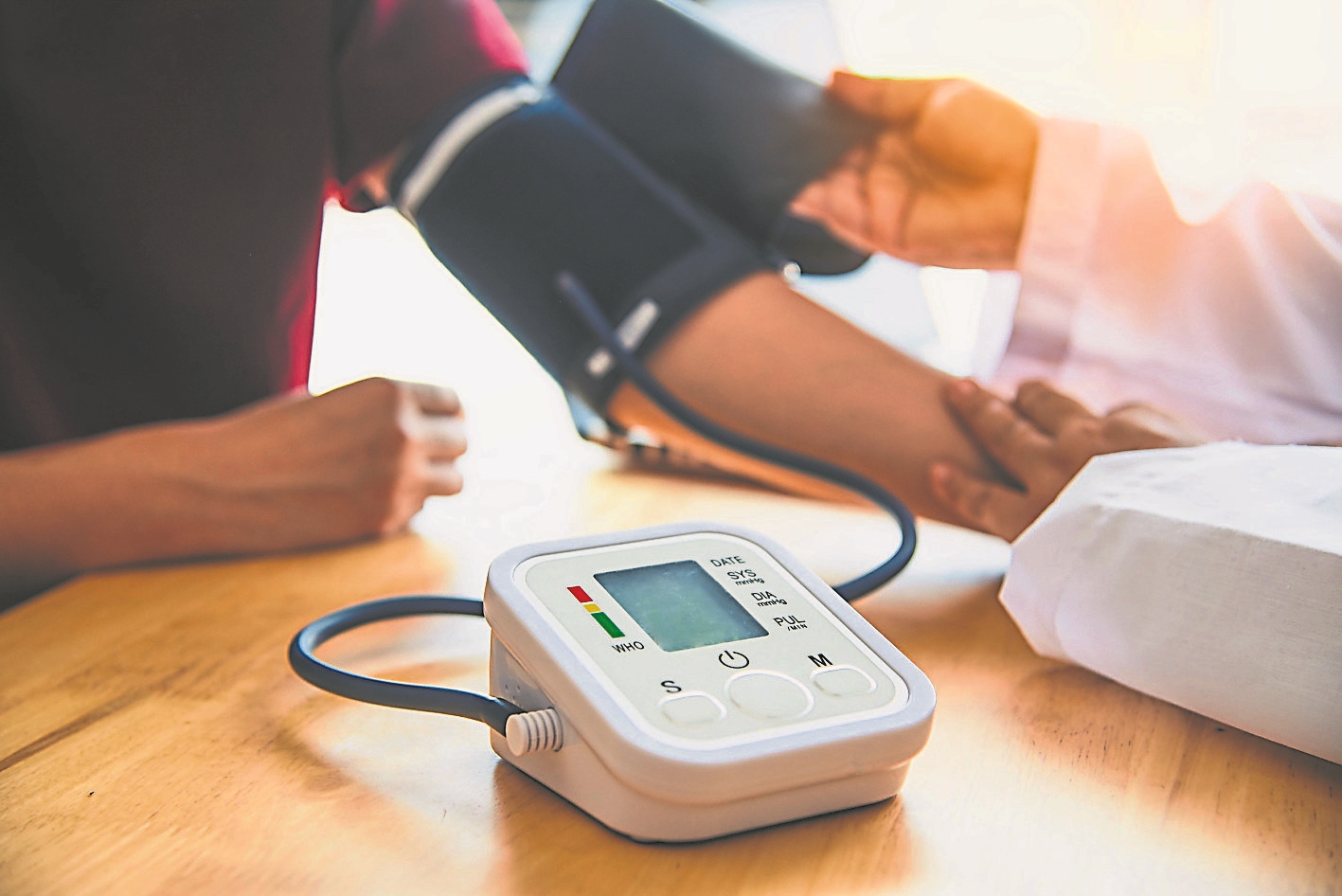
Neck muscle and cervical joint imbalance
Why do cervical spine dislocations and muscle tightness cause dizziness? Traditional Chinese medicine textbooks say that the feeling of dizziness is caused by the misalignment of the cervical vertebrae causing temporary uneven blood supply to the arteries on both sides of the back of the neck. This can be said to be one of the theories, but there is currently a teaching theory that also has merit. It turns out that when we feel balanced, the brain mainly relies on data input from several aspects to balance the head and body.
The first is the vision of the eyes, the second is the senses of the inner ear, and the third is the nerve sensory locations in the hands, feet and back, especially the feet.
Traditionally, signals from these three areas are input to the cerebellum at the same time, and the cerebellum coordinates several sense organs to determine the corresponding positions of the head and body, giving people a sense of balance.
But recently it has been discovered that the muscles of the neck, especially the upper cervical vertebrae connected to some small muscles at the back of the skull, are very important for the feeling of the relative balance between the head and the body, because the normal operation of these small muscles can ensure that when the head position changes , the body can immediately know that the head and neck have changed its position and the muscles must make appropriate contractions.
These tiny muscles in the neck are like sensors for the position of the head. If the cervical spine is misaligned or the muscle tension is uneven, these sensors will generate wrong signals, causing a dizzy feeling when the head position is changed. , which can explain why cervical spondylosis causes dizziness, even in young people in their 20s.
This is not a blood vessel problem, but a wrong feeling caused by the incoordination of the small neck muscles and cervical joints.
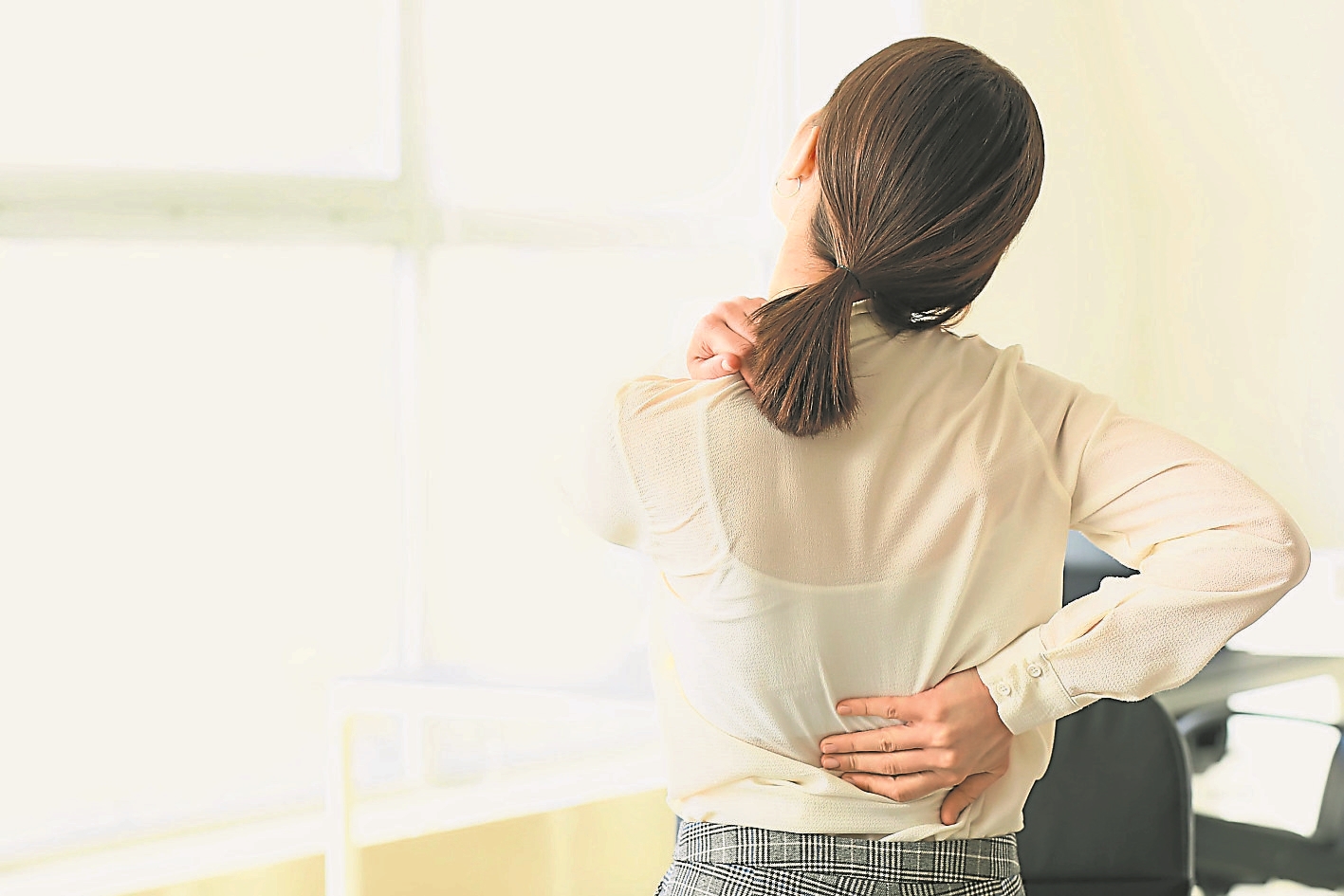
Long-term incorrect posture and blood qi blockage
According to traditional Chinese medicine, if dizziness occurs due to cervical spondylosis, the traditional Chinese medicine practitioner will generally check the acupoints and meridians on the neck. If certain meridians are found to be blocked and the cervical vertebrae are misaligned, acupuncture and joint reduction techniques can be used for treatment.
According to traditional Chinese medicine, dizziness in the cervical spine is mainly due to blood blockage in several major meridians in the neck. Most of the blood blockage is due to long-term incorrect posture. For example, modern people often work with computers, and the shoulder and neck positions are not good. In addition, I often lower my head and play with my mobile phone. The cervical spine only tilts forward for a long time, causing the cervical spine and nearby stretched ligaments and muscles to become misaligned, blocking several important meridians.
In addition, if the wind and cold blow to the neck for a long time, it can also cause the blood and gas in the neck to not circulate and cause cervical dizziness.
As for why cervical dizziness often recurs? Why do some people experience neck pain and dizziness that are relieved after several acupuncture and bone reduction treatments, or what is commonly known as lock neck treatment, but the symptoms reappear a few days later? Why is this happening?
In fact, this is because the joints have been reset, but at the same time, the original muscle strain problem needs to be dealt with. It can be said that different muscle strains and insufficient muscle strength are the main causes of the disease. The displacement or dislocation of the cervical spine is the result of muscle problems.
So how can you treat neck dizziness in the long term? The cause of cervical head volume is mainly due to the poor position of the cervical spine. In addition, there may be changes in the cervical spine such as bone spurs. In addition, there are also problems with the position of the muscles and fascia. Various factors interact with each other to cause dizziness. According to traditional Chinese medicine, it is mainly caused by blockage of several large meridians in the neck and the inability of Qi and blood to reach the head. So what about treatment?
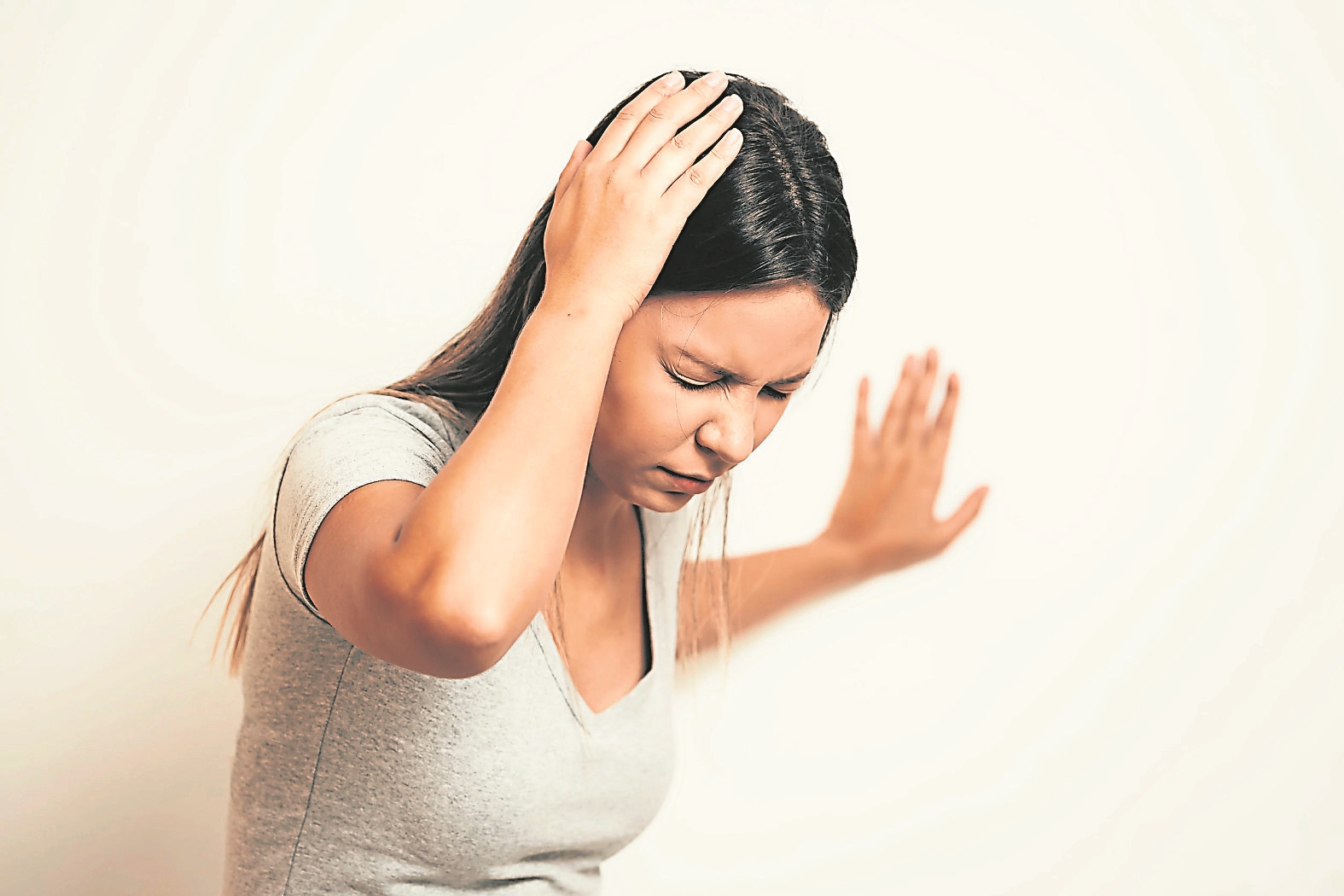
Open meridians to restore bones and joints
Many people think of treating dizziness caused by the neck, and the first method is acupuncture and bone-setting techniques. Generally, these two methods are the simplest and most direct to clear the meridians and reset the wrong bones and joints.
This method has an immediate effect on improving symptoms. Dizziness in the neck is mainly due to the influence of the upper cervical vertebrae, especially the two cervical vertebrae C2 and C3.
Therefore, acupuncture is generally performed on nearby acupoints such as Fengchi point or commonly known as Huatuo Jiaji point. Manual reduction is mainly to restore the normal position of the cervical facet joints. This method can be said to be a passive method to restore the cervical spine structure.
However, many people have also experienced that many times they only use these methods to deal with cervical spine problems, and the symptoms return to their old state within a week. So multiple and regular treatments are needed.
On the other hand, this is because these techniques alone are passive techniques that generally focus on the tightness of joints and fascia, but in fact, more importantly, the strength and tightness of various muscles in the neck are also very important.
The mobility and stability of the neck are not controlled solely by the joints and bones. In fact, there are many muscles in the neck. Some of these muscles are short muscles that only control the space between different cervical vertebrae. There are also some large muscles that connect the shoulders and the neck. There are also some muscles that control the position of the upper back and neck. In addition, the front of the neck, the clavicle And the neck, even the chest and neck have different muscle pulls to ensure that the position of the front, back, left, and right necks is fixed.
Abnormal position of the cervical vertebrae causes dizziness. Many times it is due to the pull of these muscles and the usual force.
Therefore, in order to better treat cervical spine problems, it is necessary to evaluate all the muscles on the front, back, left, and right of the neck and loosen the muscles that are too tight, and strengthen the muscles that are not strong enough by doing exercises on your own! Otherwise, passive bone reduction and massage alone can only achieve short-term effects, and it will be difficult to cure neck dizziness.
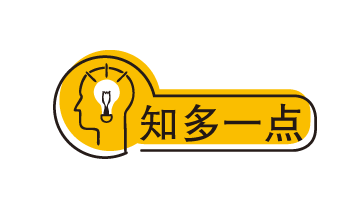
Weak temper, loose muscles
Strengthen the spleen, replenish qi and reduce dampness
When we go for a massage, we will find that many people’s neck and shoulder muscles are very tight. This is due to the problem of muscle strain and fascia.
Therefore, some people often say that you need a massage to relax. This is the truth.
However, according to Chinese medicine, it does not mean that all muscles must be loose for a long time. If some neck muscles are too loose, it will cause insufficient strength of the neck muscles, causing instability of the cervical spine and causing dizziness.
Therefore, it is not only necessary to relax, but also to exercise some muscles that are too weak. As for how to exercise each muscle near the neck, you can ask a physical therapist.
Pueraria lobata dredges cervical meridians
On the other hand, sometimes certain muscles may appear to be tight, but they are actually due to abnormal muscle development and insufficient muscle strength. Therefore, sometimes muscles that appear tighter need to be exercised more.
When the muscles are strong enough, the muscles will regain their elasticity and not be so tight when pressed. Otherwise, the muscles will not be strong enough. In order to support the body, the fascia will tighten to support it, resulting in false tightness of the shoulders, shoulders and neck.
If the muscles are really tight, you can also do various stretching exercises. The so-called relaxation method is the same for muscles.
Many patients will ask, what kind of soup is good for neck pain and dizziness? In fact, sometimes it doesn’t matter what soup you drink. You should ask what kind of exercise you are doing and how to exercise muscles or stretch? These are the key.
On the other hand, the treatment of traditional Chinese medicine also has a great effect on the neck. First, some traditional Chinese medicine, such as kudzu root and qianghuo, can dredge the meridians of the neck. Second, we know that weak spleen will cause muscle relaxation, causing the so-called spleen deficiency. If you have problems with dampness and excessive muscle relaxation, you can use traditional Chinese medicine that strengthens the spleen, replenishes qi, and resolves dampness. Patients with weak spleen and muscle relaxation are generally people who do very little exercise.
In addition, if bone spurs appear between bones and joints, it is said that kidney qi governs the bones and kidney qi supports the bones. You can use some traditional Chinese medicine to nourish the kidney and strengthen the bones so that the head and neck are strong enough to prevent the arc from being too low. People with insufficient kidney qi here often suffer from neck pain. When the body is depressed and forward, usually in addition to nourishing the kidneys, some Chinese medicine is also added to open up the bladder and Du vessels in the body.
Insufficient liver blood and tight fascia
On the other hand, liver blood supports the fascia. Insufficient liver blood will cause tight fascia. The fascia will be tight and painful. Naturally, Qi and blood cannot flow through the meridians of the neck, so dizziness will occur. Generally, patients here usually sleep at night and sleep less.
If liver blood is insufficient, in addition to taking traditional Chinese medicine to replenish liver blood, you should also go to bed early regularly and relax to avoid stress.
Therefore, the above-mentioned treatment of dizziness caused by the neck often requires both internal and external treatment. In addition to relying on drugs and some passive techniques, the patient himself must also work hard to do exercises and change postures to achieve long-term stability.
In addition, daily postures such as lowering your head when playing video games, paying attention to the position of the computer on the work desk, and preventing your neck from being blown by the wind are also very important.
The two sides discussed in detail the many causes of dizziness, one of which is a common treatment method for neck dizziness. If you have the same problem, remember to consult your attending doctor first.
Written by ◇Su Ziqian (clinical oncologist/TCM physician)
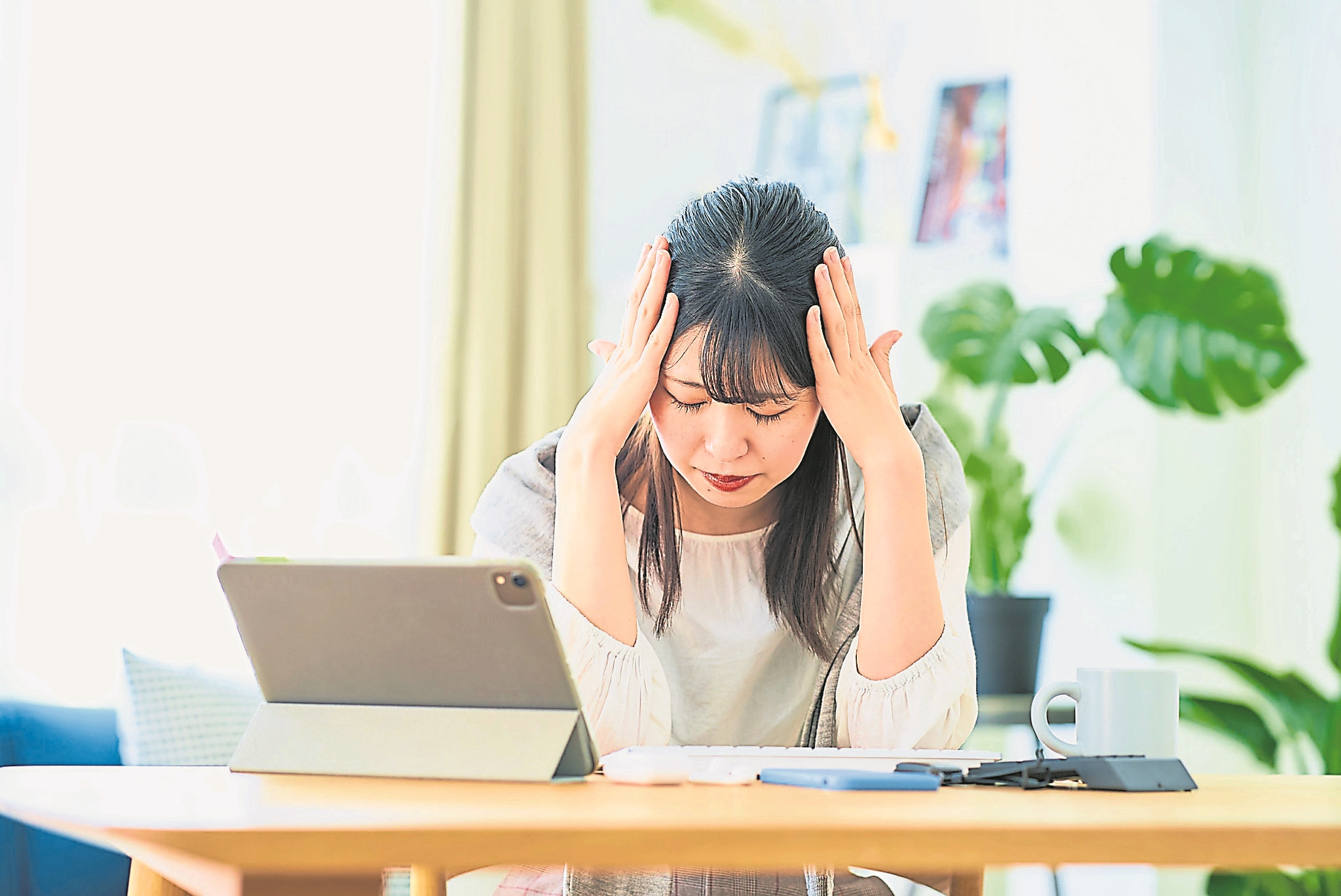
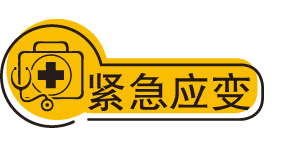
The causes of dizziness require clinical consultation to find out the culprit
There are various reasons behind dizziness. Emergency department specialists point out that dizziness can be caused by menstrual pain in women, low blood pressure in the elderly, or even heart problems, which may be a fatal warning sign.
Many people may have experienced dizziness, and some may even be so severe that they faint or lose consciousness. Once you experience dizziness or encounter someone who is dizzy, the most important thing is to have appropriate emergency response methods and send them to the hospital for detailed examination as soon as possible to find out the culprit.

Let the doctor make a preliminary judgment
Dr. Sam Kin Kin from the Emergency Department of Sanatorium & Hospital said that the causes of dizziness are very wide. When a patient complains of dizziness when seeking medical treatment, clinical consultation is very important. The following questions are usually asked to allow the doctor to make a preliminary judgment on what kind of follow-up examination should be arranged. :
1What activities were you doing when you felt dizzy?
2Describe the feeling of dizziness in detail
3Have similar situations occurred in the past and how often?
4Did you feel dizzy after falling, or did you feel dizzy and then fell?
Heartbeat disorder causing dizziness
Sum Jian pointed out that some younger cases seek medical treatment after experiencing dizziness. After examination, everything may be normal, but more detailed examinations are still needed because the cause of dizziness may involve cardiac problems, such as heartbeat disorders and cardiac hypertrophy. etc. questions. Based on the clinical diagnosis, the doctor may arrange an electrocardiogram, cardiac ultrasound scan, or even recommend genetic testing.
For example, she gave an example. It was discovered that a patient had a genetic problem that caused a heartbeat disorder, causing the patient to suddenly become dizzy. Without appropriate treatment, it may lead to more serious fatal accidents in the future. The patient was later arranged to have a pacemaker installed. To prevent heartbeat disorder and sudden loss of consciousness.

Comprehensive check-up for the elderly
The causes of dizziness in the elderly are different from those in young people, so they generally undergo more comprehensive examinations. “The clinical examination will include measuring blood pressure, blood sugar, blood sodium, heartbeat, etc. If the patient’s blood pressure is found to be too high, the direction of stroke will be considered; if the blood pressure is too low, the direction of gastrointestinal bleeding will be considered.”
A common cause of dizziness among the elderly may be hyponatremia caused by deterioration of kidney function. If the elderly drink too much water or take too many different types of drugs, their blood sodium may decrease and their blood sodium levels may decrease. Failure to adjust appropriately due to degeneration can lead to dizziness.
In case of emergency, lie down first
He reminded that if it is dizziness caused by abdominal pain or menstrual pain, the lips may turn white, which means that the blood pressure has dropped. Some emergency measures can be taken first, such as lying flat on the ground to keep the heart and brain at the same level. , and then raise the feet a little so that blood can be supplied to the brain; if the patient is on the street, the patient can sit down first and lean toward the feet. After the pain dissipates, seek medical advice as soon as possible if necessary.
“If you encounter someone else who is dizzy, you can help them sit down or lie down, ask others not to watch, and call an ambulance as soon as possible.”
He reiterated that the symptom of dizziness must not be underestimated, because it can be a warning sign of fatal diseases, such as epilepsy, heartbeat disorders, abnormal electrolyte levels, etc. Seek medical attention as soon as possible and try to explain the details of the dizziness to the doctor so that the doctor can judge And arrange the most appropriate examination and treatment to avoid serious consequences.
Text◇Qiaoxi “Yuanqi Network”
[ad_2]
Source link

![[Love Wants Sexual Happiness Series 358]Find the culprit and overcome psychogenic erectile dysfunction. Don’t let pressure affect your sexual happiness.](https://chinathenews.com/wp-content/uploads/2024/04/171111-780x420.jpg)

![[Wanqingyi Care]My health, my rights, customized medical methods in the last stage of life](https://chinathenews.com/wp-content/uploads/2024/04/ZZ1-100-780x420.jpg)
![[Kidney Transplantation Special Topic]The survival rate of transplanted kidneys is high without dialysis treatment three times a week](https://chinathenews.com/wp-content/uploads/2024/04/1311-780x420.jpg)



